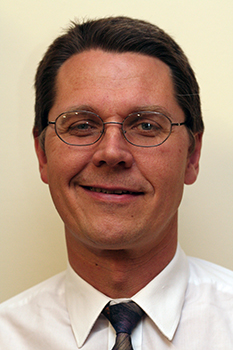 |
The University of the Free State Faculty of Health Sciences held its annual prize function on 11 April, to celebrate the achievements of its top students from the three schools within the Faculty. Dr Lynette van der Merwe, undergraduate programme director at the School of Medicine, described the night as a celebration of success on many fronts.
The School of Medicine, Nursing, and Allied Health Professions gave students various awards, medals, and trophies for their academic performance and achievements in 2015.
Students encouraged to seize the day
Professor William Rae, Head of Medical Physics at the School of Medicine, was the occasion’s guest speaker. He encouraged students to use the limited time each one of them has in the world to the best of their abilities by always seizing the day. “As prize winners, be leaders, changers in the world. Seek more, appreciate diversity, and mingle with people different from you; always overflowing with joy,” concluded Prof Rae.
Best overall students
Belinda Meyer received the award for best final-year student in the School of Allied Health Professions. Hailing from Potchefstroom, Meyer obtained her Bachelor in Occupational Therapy degree with distinction, and was nominated as the top achiever of her year.
In the School of Medicine’s undergraduate medical programme, Pieter Jan Louw was recognised as the final-year student with the highest academic achievement in all study years. He went on to receive his degree cum laude.
Michelle Horvath, a BSocSc Nursing student, received an award for being the student who displayed the most professional growth during her training. Her years of study were described as being characterised by perseverance and a sense of duty and professionalism.
And lastly, the trophy for the student with the best results in a first Bachelor’s degree in the Faculty was awarded to Karl Nicholas Sachse, who completed his degree in BMedSc (Radiation Sciences) cum laude. Recognised as one of the top five students in his first, second, and third years of study, Sachse is currently doing his BMedSc Honours in Medical Physics.
The evening carried with it its own special ambiance as achievements were celebrated by students, their families, and staff members from the Faculty.